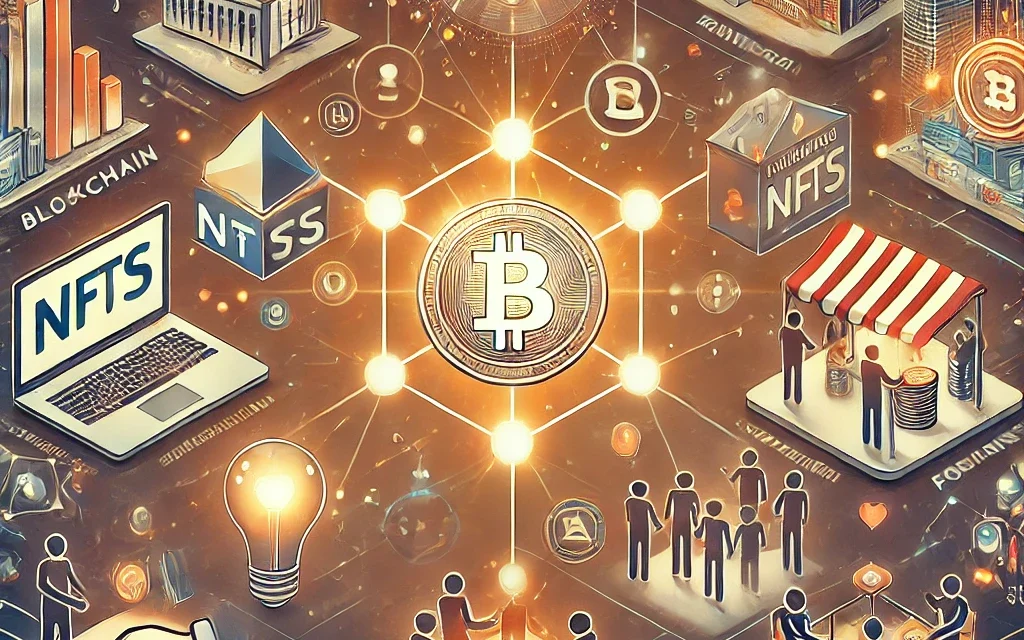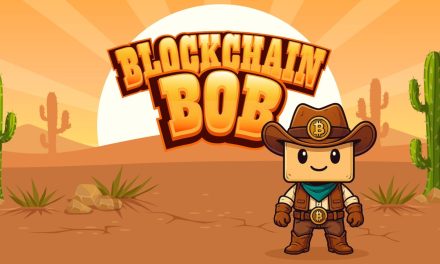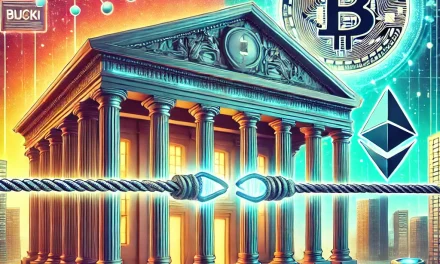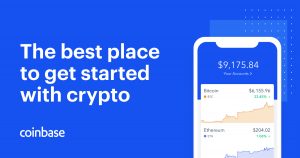Why Tokenize? Benefits of Blockchain for Businesses, Non-Profits, Communities, and MLMs
Tokenization is revolutionizing how businesses, organizations, and communities operate in the digital age. By transforming tangible and intangible assets into digital tokens on the blockchain, tokenization unlocks opportunities for efficiency, transparency, and engagement. Whether you’re a company looking to modernize, a non-profit seeking innovative fundraising tools, or an MLM network aiming to incentivize your members, tokenization offers a transformative path forward.
Ready to take your business, nonprofit, or organization to the next level? We bring the power of blockchain to your mission, turning everyday interactions into meaningful digital experiences.
What is Tokenization?
Tokenization is the process of converting rights to an asset, service, or idea into a digital token on a blockchain. These tokens can represent anything—from financial assets like stocks and real estate to intangible elements such as loyalty points, governance rights, or community participation.
How Tokenization Benefits Companies
1. Raising Capital with Tokens
Companies can tokenize assets or services to raise capital efficiently through methods like Initial Coin Offerings (ICOs) or Initial DEX Offerings (IDOs). Unlike traditional fundraising methods, tokenization allows for:
- Global Reach: Attracting investors worldwide without geographic barriers.
- Fractional Ownership: Enabling more investors to participate by dividing assets into smaller, tokenized units.
- Instant Liquidity: Tokens can be traded on decentralized exchanges, providing liquidity for investors.
2. Enhanced Loyalty Programs
Tokenization allows companies to create loyalty programs where customers earn and redeem tokens for rewards. These tokens:
- Foster long-term customer engagement.
- Encourage repeat business.
- Increase brand loyalty by giving customers ownership stakes in the ecosystem.
3. Streamlined Operations
Blockchain-based tokenization can reduce costs and increase efficiency by automating processes through smart contracts. For example, tokens can be used for supply chain tracking, royalties, or licensing, minimizing intermediaries.
How Non-Profits Benefit from Tokenization
1. Transparent Fundraising
Tokenization enables non-profits to create transparent donation systems where donors can track how their contributions are used. Blockchain ensures accountability and builds trust with supporters.
2. NFT Campaigns
Non-profits can use NFTs (Non-Fungible Tokens) as fundraising tools. For instance:
- Exclusive Artwork: Supporters purchase NFTs representing unique digital or physical items.
- Event Tickets: Sell NFT-based tickets for fundraisers or events, which can double as collectibles.
3. Tokenized Giving
Create tokens that represent specific projects or initiatives, allowing donors to directly support causes they care about. For example, a token could represent planting a tree or feeding a family, making the impact tangible.
Empowering Communities with Tokenization
1. Strengthening Engagement
Tokenization gives communities the ability to:
- Incentivize participation by rewarding members with tokens for their contributions.
- Use governance tokens to allow members to vote on decisions, fostering inclusivity and collaboration.
2. Building Digital Economies
Communities can create tokenized economies where members exchange goods, services, or content using native tokens, strengthening the internal ecosystem.
3. Gamifying Participation
Tokens can gamify engagement by rewarding members for specific actions, such as attending events, creating content, or recruiting others.
Tokenization for Organizations
1. Enhanced Governance
Organizations can issue governance tokens, enabling members to vote on decisions democratically. Blockchain ensures votes are secure, transparent, and tamper-proof.
2. Revenue Diversification
Tokenized assets can create new revenue streams. For example:
- Membership organizations can tokenize memberships, offering limited, tradable tokens.
- Educational institutions can tokenize courses or certifications, allowing participants to own verifiable credentials.
3. Improved Efficiency
Smart contracts can automate processes like memberships, renewals, or service agreements, reducing administrative burdens.
MLM Networks and Tokenization
1. Incentivizing Members
Tokenization transforms traditional MLM reward systems by offering blockchain-based incentives. MLM networks can:
- Distribute tokens as rewards for achieving sales milestones or recruiting new members.
- Allow members to trade or cash out tokens, providing greater flexibility.
2. Transparent Compensation Plans
Blockchain eliminates ambiguities by automating payouts via smart contracts, ensuring members receive their commissions accurately and on time.
3. Community Growth
Tokenized MLM networks foster community growth by providing members with ownership stakes, creating stronger connections to the network.
Why Tokenization Matters
Tokenization benefits all types of organizations by offering:
- Transparency: Blockchain provides a tamper-proof, public ledger that builds trust and accountability.
- Accessibility: By breaking down barriers, tokenization opens opportunities for global participation and micro-investments.
- Engagement: Tokens incentivize active participation, fostering loyalty and growth within communities.
- Efficiency: Automated processes reduce costs and improve operational effectiveness.
- Innovation: Tokenization introduces new ways to fundraise, govern, and create value.
Ready to Tokenize?
Tokenization isn’t just a trend—it’s a game-changer for companies, non-profits, communities, organizations, and MLM networks. Whether you want to raise capital, enhance engagement, or drive transparency, blockchain technology offers solutions tailored to your needs.
Contact Martini Labs today to explore how tokenization can transform your goals into reality. Let’s build the future together.










